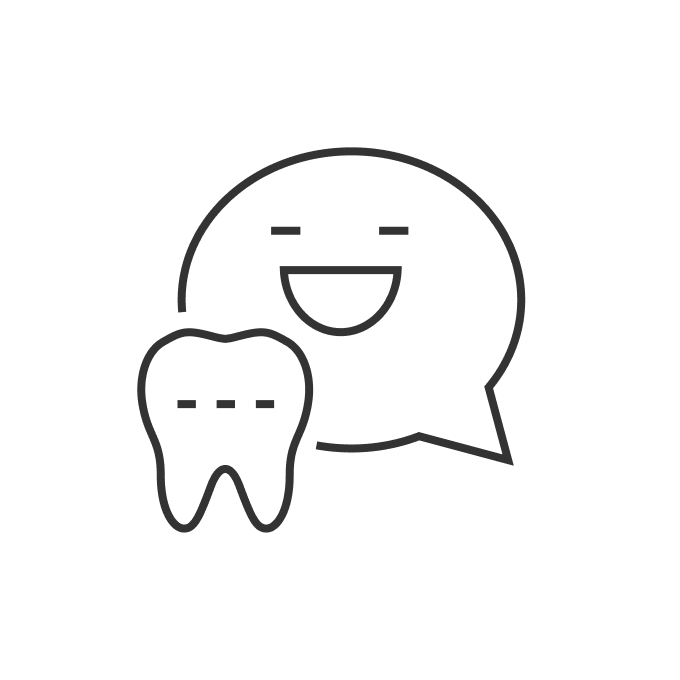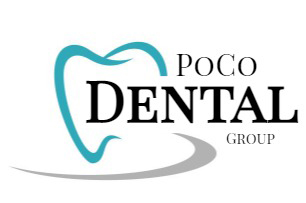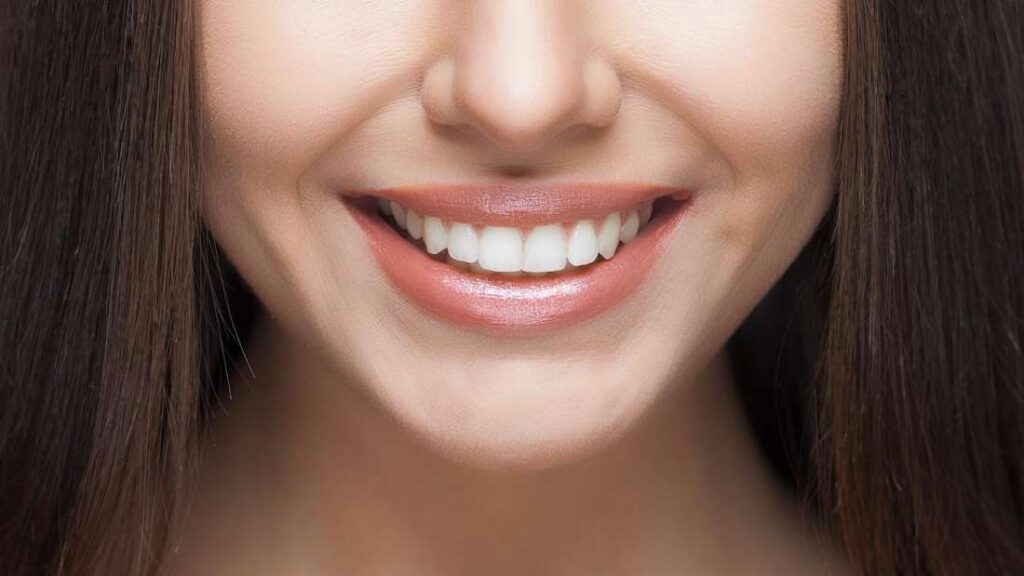Maintaining your teeth’s health isn’t just about having a beautiful smile—it’s essential to your overall well-being. Poor oral hygiene can lead to gum disease, tooth loss, bad breath, and even increase your risk of heart disease and diabetes. Navigating busy schedules and changing seasons, maintaining good oral care habits at home can make all the difference. In this blog, we’ll explore six practical ways to keep your teeth happy and healthy—think of them as your smile’s best friends.
1. Floss Daily
If brushing is the star of your dental routine, flossing is the quiet sidekick that gets the job done behind the scenes. It removes plaque and food particles from between your teeth where your toothbrush can’t reach.
Many people overlook flossing or only do it occasionally, but daily flossing helps prevent:
- Gum inflammation and bleeding
- Tartar buildup between teeth
- Bad breath caused by trapped food particles
You can choose from traditional floss, dental picks, or water flossers—whatever helps you stay consistent with your oral hygiene routine. The goal is to make flossing a daily habit, not a once-in-a-while effort.
2. Brush Twice a Day
Brushing your teeth twice a day, once in the morning and once at night, is essential to maintaining good oral health. But brushing the right way is just as important as brushing regularly.
Here are some tips for effective brushing:
- Use a soft-bristled toothbrush
- Brush for a full two minutes
- Use fluoride toothpaste to strengthen enamel
- Don’t scrub too hard—it can erode enamel and irritate gums
- Replace your toothbrush every 3 to 4 months
Electric toothbrushes are a good option for individuals who need assistance maintaining a consistent brushing technique. Whether you’re in Mississauga or Montreal, brushing thoroughly is one of the most potent ways to keep your teeth in top shape.
3. Watch What You Eat
Your diet plays a significant role in your oral health. Some foods can erode enamel or feed harmful bacteria, while others help strengthen your teeth and gums.
Tooth-friendly foods:
- Crunchy fruits and vegetables (like apples and carrots)
- Dairy products rich in calcium (like cheese and yogurt)
- Leafy greens are full of vitamins and minerals
- Green tea, which may reduce inflammation and bacterial growth
Foods to limit:
- Sugary snacks and drinks
- Acidic beverages like soda or citrus juices
- Sticky candies that linger in your mouth
Staying hydrated is also key. Drinking water after meals can help wash away food particles and neutralize acid levels in the mouth.
4. Regular Dental Checkups
Even with excellent home care, professional checkups and cleanings are essential. Dentists and hygienists can detect early signs of issues like cavities, gum disease, or even oral cancer—long before you notice symptoms. It’s recommended to see a dentist every six months, though your personal needs may vary. Regular cleanings help remove plaque and tartar that brushing and flossing miss, and they allow your dental team to guide you on personalized oral care strategies.
5. Use Mouthwash
Mouthwash can’t replace brushing and flossing, but it can be a helpful addition to your routine. Depending on your needs, you might use:
- Fluoride mouthwash to strengthen enamel
- Antibacterial Mouthwash to reduce plaque and gingivitis
- Alcohol-free options for sensitive mouths
Swishing with Mouthwash helps rinse away debris, freshen breath, and protect against bacteria. Just be sure to use it at a different time than brushing (such as after lunch), as some ingredients may wash away fluoride too soon.
6. Protect Your Teeth from Damage
Healthy habits extend beyond brushing and flossing. Many people unknowingly damage their teeth through daily habits or sports activities.
Here’s how to protect your teeth:
- Wear a mouthguard during contact sports or if you grind your teeth at night
- Avoid chewing ice, pens, or hard candies, which can crack enamel
- Don’t use your teeth as tools (like opening packages or bottles)
- Limit alcohol and tobacco use, which can stain teeth and harm your gums
Taking small precautions now can prevent expensive and painful dental treatments later.
Bonus Tip:
Oral health doesn’t need to be complicated—but it does require consistency. Building daily habits, setting reminders, or keeping oral care tools within easy reach can help keep your routine on track. Remember: it’s easier to maintain healthy teeth than to repair damaged ones.
Final Thoughts
Your teeth work hard every day, chewing, smiling, speaking, and helping you feel confident. The good news is that keeping them healthy doesn’t require extreme measures—just a commitment to simple, effective daily care. From flossing and brushing to making wise food choices and seeing your dentist regularly, these six habits can go a long way in keeping your teeth strong, your gums healthy, and your smile happy.




